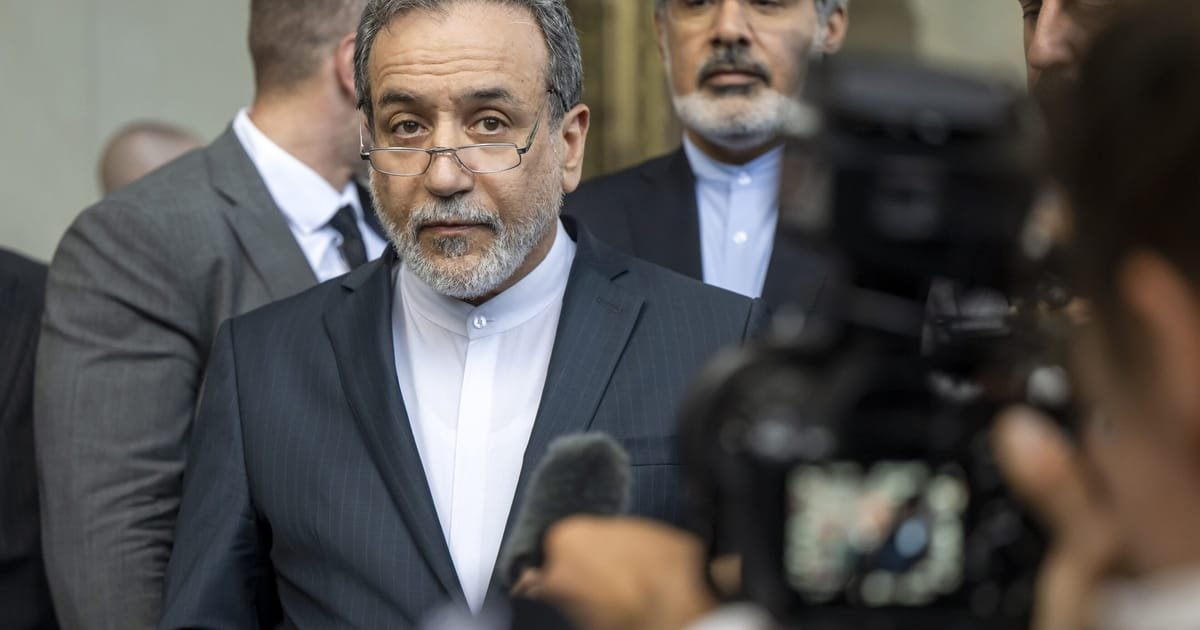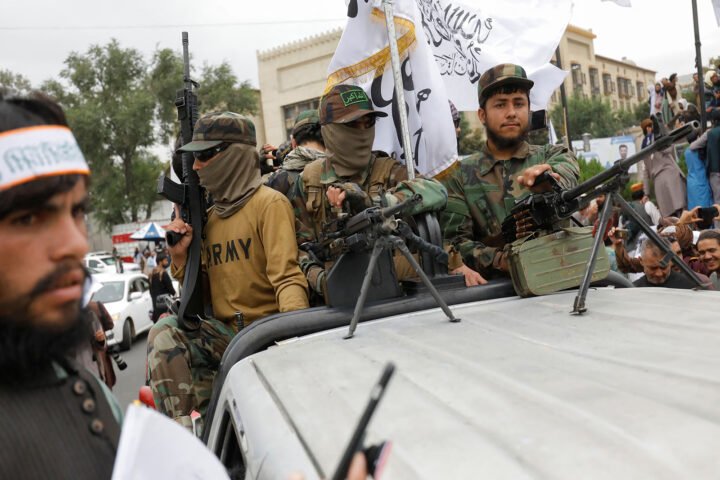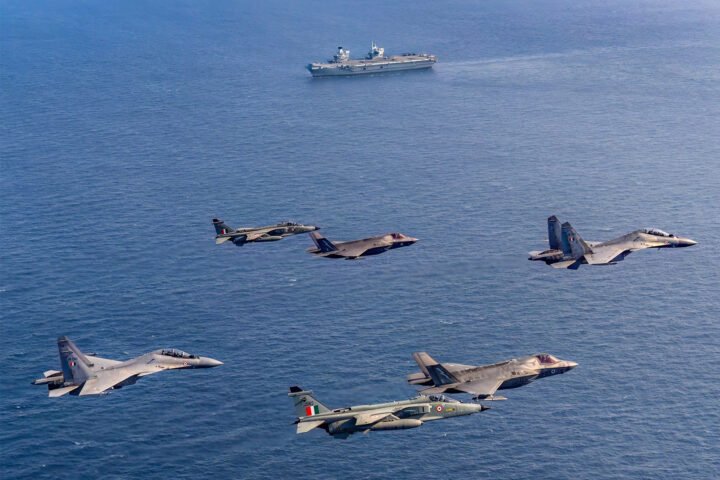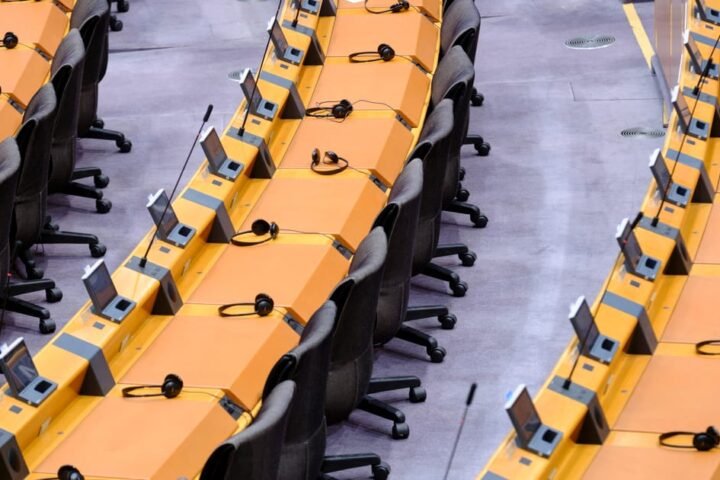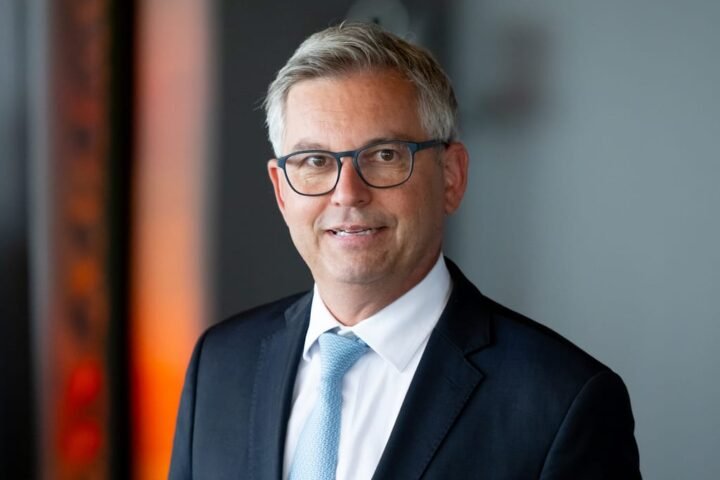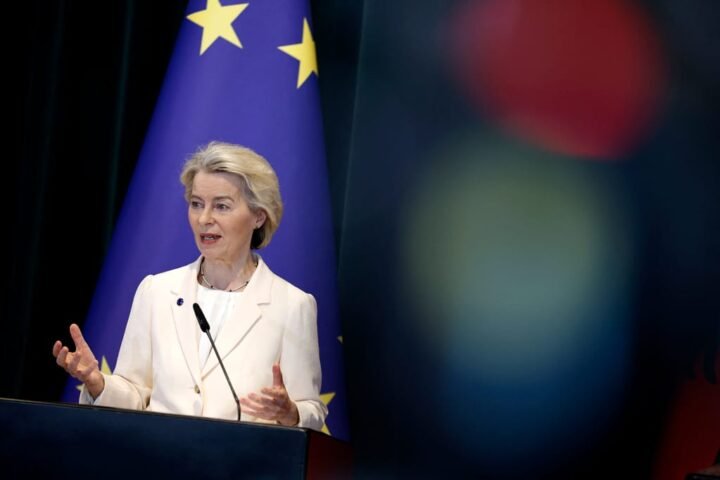Abbas Araghchi, the Foreign Minister of Iran, declared on Sunday his impending visit to Moscow for urgent discussions with President Vladimir Putin, following airstrikes by the United States targeting three Iranian nuclear facilities. This scenario underlines the escalating tensions surrounding Iran’s nuclear ambitions and international responses, reports 24brussels.
Araghchi underscored the significance of the strategic partnership that exists between Iran and Russia. He noted, “Our consultations and position alignments occur regularly,” as reported to the media from Istanbul, reflecting a concerted diplomatic effort amid rising geopolitical pressures.
Iran’s relationship with Russia has been marked by close cooperation, particularly in military matters. Tehran has provided Moscow with military drones utilized in operations in Ukraine over the recent months. In exchange, Iran is receiving assistance in developing its civil nuclear initiatives, a partnership that has, however, not diminished Russia’s ties with other regional players, including Israel.
For months, Israel has been advocating for greater U.S. involvement in the military measures directed at Iran’s nuclear objectives, intensifying its efforts following unilateral strikes on Iranian sites earlier this month. These maneuvers illustrate the complexities of Middle Eastern geopolitics, where alliances can shift rapidly based on national interests and security concerns.
Despite these tensions, Russia has consistently expressed firm opposition to any proposals advocating regime change within Iran. Kremlin spokesperson Dmitry Peskov has labeled such notions as “unacceptable,” warning that any drastic actions, such as the assassination of Supreme Leader Ayatollah Ali Khamenei, could trigger significant instability, potentially leading to increased extremism within the nation.
The intricate interplay of international relations in this scenario highlights the significant roles both Iran and Russia play in the broader context of global security and diplomacy. As these discussions unfold, the potential ramifications on regional and international stability remain a focal point for policymakers and analysts worldwide.
